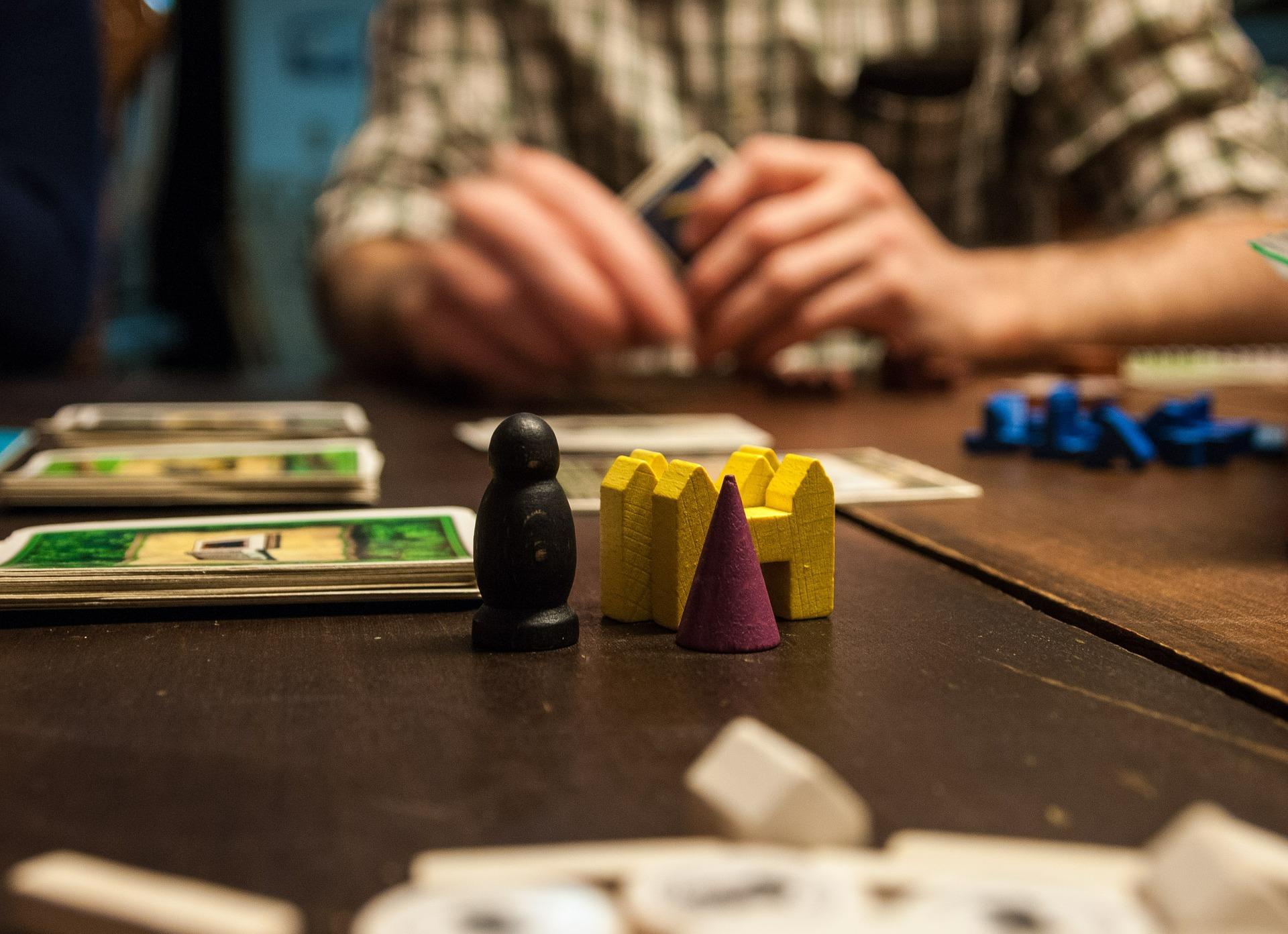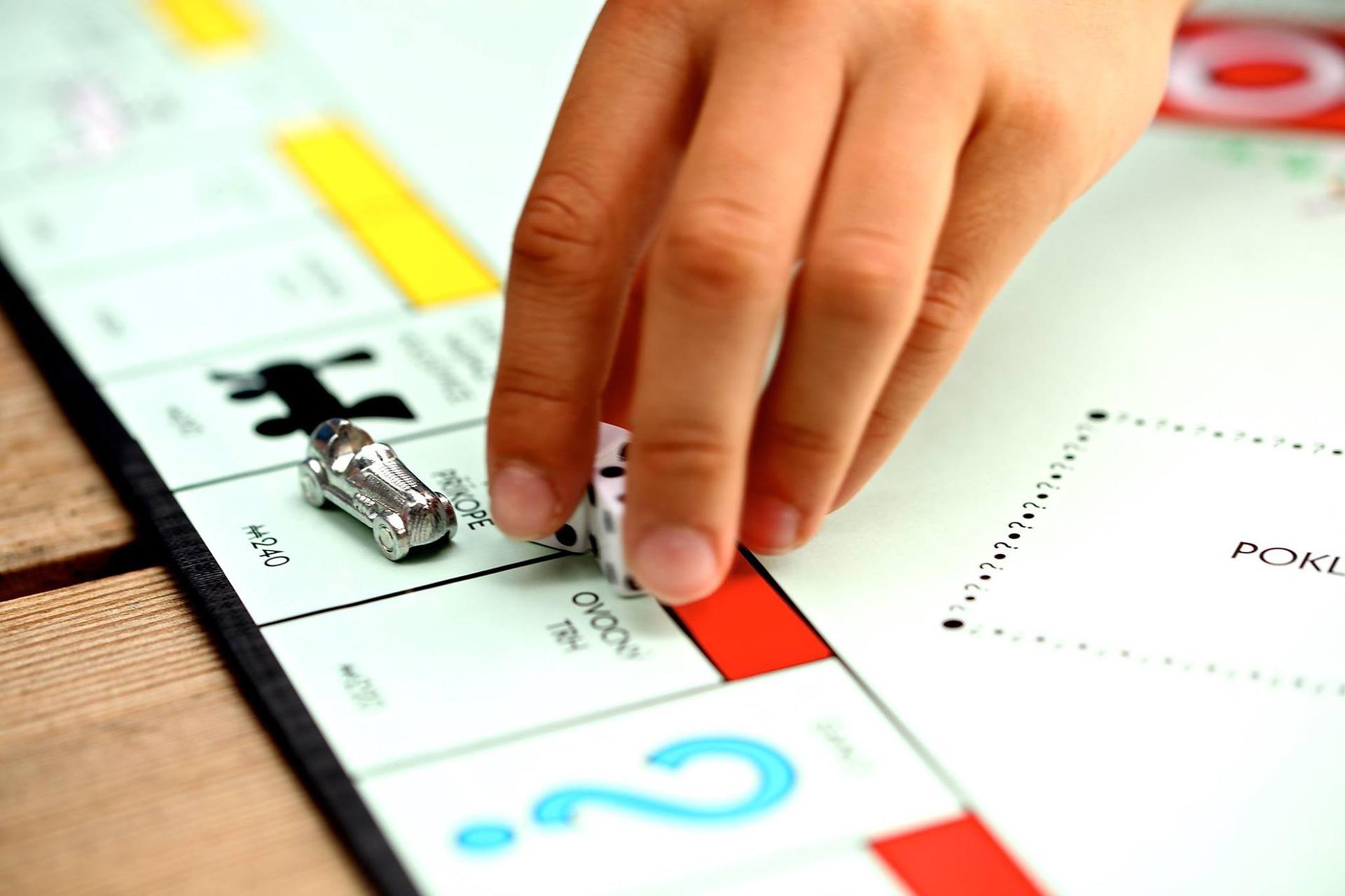“It's important to have balance in your life between work and play.” - Bobby Flay
Learning a foreign language is a challenging endeavour and introducing games to classes can be a great way to help learners develop language skills without them even realising how much they're learning. That said, you still need to know how to effectively introduce games into class to ensure students get the most out of them. With that in mind, here’s Superprof’s guide to using games in language classes.

How Do You Teach Children Foreign Languages through Games?
Teaching foreign languages requires a lot of creativity, especially when it comes to getting the students’ attention. Games are an excellent teaching resource that can improve a student’s language skills. 
- Choosing the game
- Start at the end: each student must understand the goal they’re working towards.
- Clearly explain the rules.
- Start the game and make sure the students are following the rules.
- Intervene if necessary.
Beyond the lessons you’re trying to teach students, games can help students with language skills indirectly by giving them an enjoyable activity through which they can practise their language skills. Learn about teaching foreign languages with games
Which Languages Can You Learn with Games?
Board games can be incredibly effective teaching tools in language classes and can be used for almost any language so whether the class is for young children, teens, or adults, there are a lot of ways to include games. Most students around the world learn English as a second language and, in some countries, this accounts for the majority of foreign language classes. After all, English is the lingua franca for business. It’s a good idea to use card games, video games, and board games in the target language. Games you can use include:
- Scrabble
- Monopoly
- Time’s Up
- Pictionary
These are popular games that most households have a copy of, but for games like Scrabble, it’s important that you use the version in the target language as the scoring is different. There are versions in Spanish, Portuguese, Danish, German, Russian, and many other foreign languages and they can be useful additions to any language class. Just make sure the games and resources match the language that you're teaching. The English-language versions are useful for EFL classes, of course, and they can be useful for native English speakers to work on their language skills. Crosswords and similar games can also be really useful for practising spelling and learning new words. Games can be useful in any language, even regional or minority languages, which tend to have fewer resources available for learners. Lessons in Welsh, Scottish Gaelic, Cornish, and Irish can all be improved with games if you adapt them to the language. Check out the most enjoyable ways to learn foreign languages
The Advantages of Using Games in Language Classes
There are a lot of benefits to using games in language lessons:
- They can help students to concentrate and work on their memory.
- They make students active participants in class and allow them to interact with their classmates while also working in the target language.
- They also make the students more responsible for their learning. Students are less stressed when they make mistakes as they’re just playing a game.
- Games also encourage students to vocalise their thoughts and think about their decisions, often in the target language.
- Learners also have an opportunity to work differently while also using reasoning skills.
- Students can work on several different skills at once.
Get online tutoring jobs UK here. 
Which Are the Best Games for Language Lessons?
Here are a few ideas to help you integrate games into your language lessons. Check out tutoring jobs London here on Superprof. 
- Domicile
- Room
- Flat
- Residence
- Home
The goal is for players to use their language skills to describe the word so clearly that their partner or classmate can easily guess it. Taboo is a multiplayer game that’s regularly amongst the best-selling games in a lot of different countries. Students with a decent level can also play Scrabble in their target language. This is a popular game in EFL classes. There are also several other games that you can play or adapt to language lessons:
- Pictionary
- Flashcards
- Memory
- Guess Who?
- Monopoly
As you can see, games are an excellent tool to use during language lessons. Learn how to make your language lessons more fun Video games and digital resources can also be used, but board games usually have a better social component that encourages students to talk to one another. Games are also a great way for students to learn from one another, allowing more students to participate in learning the process at the same time. If you need some help with your language lessons, why not get some from a private tutor on Superprof? Whether you're looking to improve your language skills or learn new teaching approaches, private tutoring is an excellent way to learn exactly what you want, when you want. Find online tutoring jobs UK here on Superprof.
Summarise with AI:




















